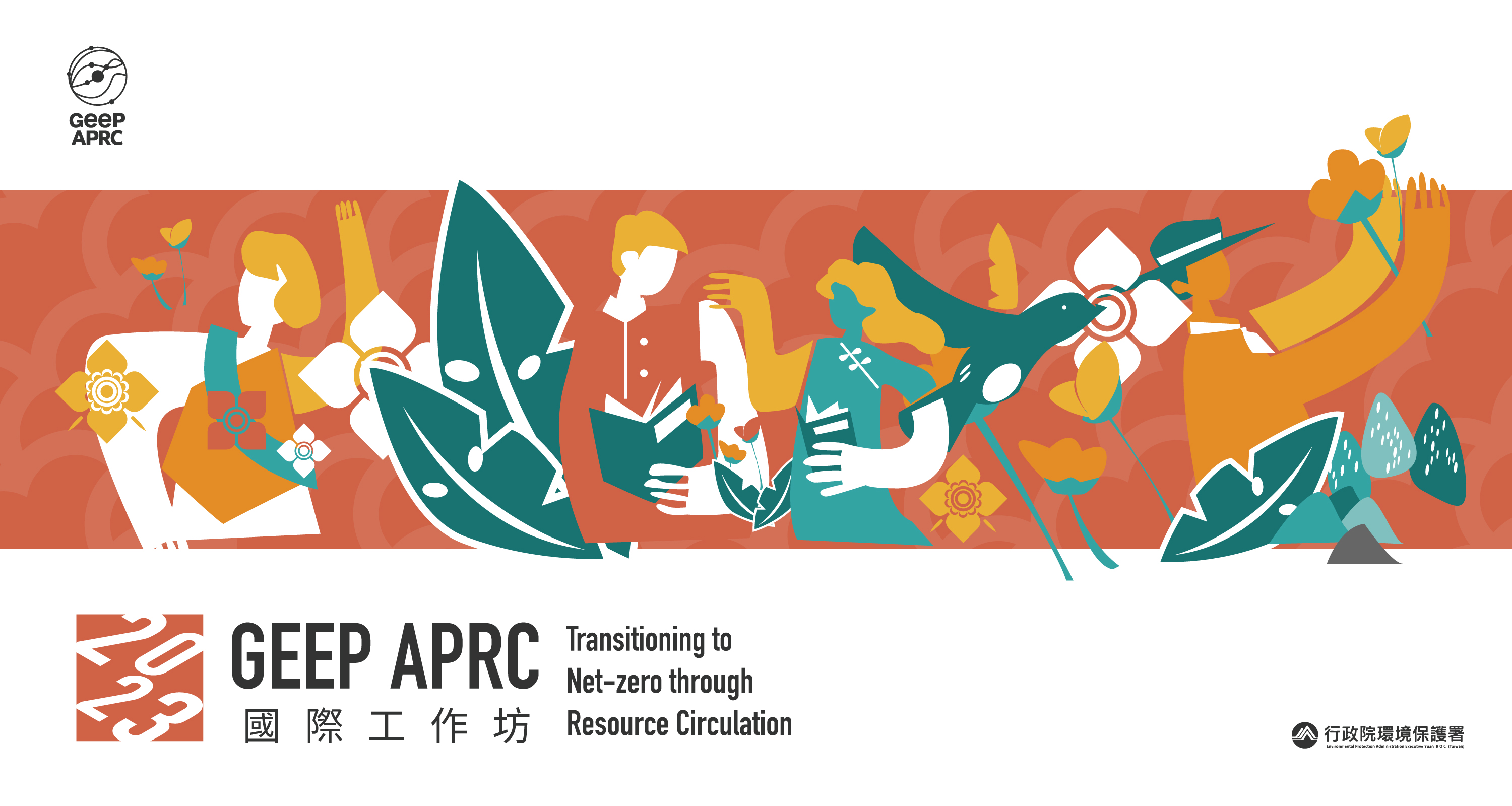
Environmental Education and ESD for Net-Zero Green Living in Japan
The world is currently confronting an unparalleled global crisis known as the climate crisis. There is a noticeable increase in average temperatures, melting ice and snow, and rising sea levels, which are being observed worldwide. Japan has also been affected by the adverse impacts of climate change, including rising temperatures, intense rainfall, and the destructive consequences of typhoons on agriculture and ecosystems. Recognizing the urgent need to address this global challenge, the international community adopted the Paris Agreement in 2015. This agreement establishes a common long-term objective of limiting the global average temperature increase to well below 2 degrees Celsius, with efforts to strive for a more ambitious target of 1.5 degrees Celsius. More than 120 countries and regions have pledged to achieve "Net-Zero carbon emissions by 2050" as part of their commitment to combat climate change.
The implications of climate change extend beyond mere temperature fluctuations. Its interrelated connection with the loss of biodiversity has significant consequences for global ecosystems and the services they provide. Climate change can lead to species extinction, habitat shifts, and disruptions in ecosystems, resulting in a decline in biodiversity and a reduction in ecosystem services. This loss of biodiversity not only threatens human survival but also deprives humanity of the numerous benefits it offers.
The recent Glasgow Climate Pact emphasizes the crucial role of protecting, conserving, and restoring nature and ecosystems in both adaptation and mitigation efforts to combat climate change. Reports from the Intergovernmental Science-Policy Platform on Biodiversity and Ecosystem Services (IPBES) underscore the alarming rates of species extinction and the challenges associated with the sustainable utilization of wildlife. Integrated approaches that recognize the interconnection between climate change and biodiversity can maximize synergistic effects and minimize trade-offs.
In 2022, Japan experienced a series of extreme weather events that provided a glimpse into the consequences of climate change. Late June witnessed record-breaking high temperatures in eastern and western Japan, followed by an unprecedented heatwave in early July in northern Japan, surpassing historical records. Furthermore, the beginning of August saw torrential rains, leading to record-breaking precipitation and subsequent river flooding and landslides primarily in the Hokkaido, Tohoku, and Hokuriku regions. These events demonstrate the increased frequency and intensity of extreme weather events in Japan. Scientific research conducted by the Ministry of Education, Culture, Sports, Science and Technology highlights the extraordinary heatwave experienced in late June to early July 2022 was identified as an extremely rare phenomenon that would only occur once every 1,200 years in the absence of human-induced global warming.
Given this context, the Ministry of the Environment in Japan is dedicated to achieving simultaneous decarbonization and enhancing industrial competitiveness. Efforts are underway to promote nationwide decarbonization movements in local communities, fostering new and sustainable lifestyles that contribute to carbon neutrality. The "National Biodiversity Strategy," adopted by the Japanese government in March 2023, aims to achieve nature positivity by conserving over 30% of land and sea areas and transitioning to a nature-positive economy. Government is also currently targeting a market size of more than 80 trillion yen for circular economy businesses by 2030, as thoroughly promoting the recycling of resources throughout the life cycle will help to decarbonize, conserve biodiversity, and ensure economic security. It is important to promote integrated environmental, economic and social improvements so that a wellbeing economy can flourish without overshooting the planetary boundary, and at the same time achieve a carbon neutral, nature positive and circular economy for the many social challenges facing Japan.
In order to solve these global environmental problems and achieve the goals, Japan has long focused on environmental education and the enactment or revision of the law to promote it. The "Act on the Promotion of Environmental Conservation Activities through Environmental Education" was enacted in Japan in 2003. According to this law, the government is obligated to review the implementation status after five years and take necessary measures based on the results. In recent years, an expert committee called the Environmental Education Specialist Conference has been established to assess the implementation status four times, leading to a revision of the basic policy in June 2018.
Under this law, the government is mandated to establish the basic policy regarding the promotion of environmental conservation activities, enhancing environmental awareness, promoting environmental education, and fostering collaborative efforts. The basic policy encompasses essential aspects related to environmental conservation activities, government measures to be implemented, and other significant matters considering the trends in environmental conservation activities, environmental awareness, environmental education, and collaborative initiatives.
In the field of environmental education and Education for Sustainable Development (ESD), the curriculum guidelines play a crucial role in Japan. Environmental education is positioned as a cross-curricular education that addresses contemporary issues and is implemented through subjects such as science and social studies, often during the "integrated learning (inquiry)" time. However, many schools face challenges in securing sufficient class time and developing curricula, resulting in limited implementation. The working conditions of educators also contribute to these limitations, as evidenced by the national survey conducted in the 2022 fiscal year.
Based on these circumstances, the Japanese government's "Grand Design and Action Plan for a New Capitalism" emphasizes the necessity of investing in people, including specific strategies for cultivating and securing talent to promote decarbonization.
Considering the current challenges and ongoing developments both domestically and internationally, revisions to the basic policy of the "Act on the Promotion of Environmental Conservation Activities through Environmental Education" are being undertaken next year. Expert insights and knowledge on global trends will inform the revision process.
Back to list

